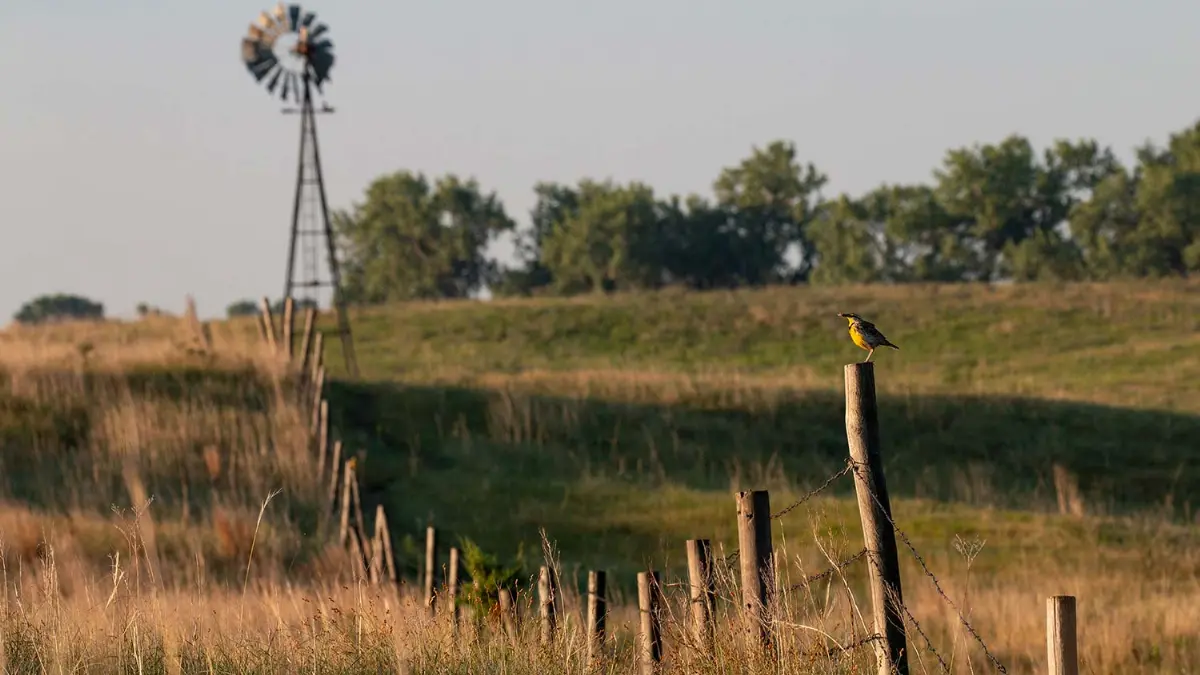
Do you want to access to this and other private contents?
Log in if you are a subscriber or click here to request service
Nestlé and Cargill together for US regenerative agriculture
Partnership signed with NFWF to support sustainable pastures in 1.7 million acres

Nestlé, the Nfwf, the National Fish and Wildlife Foundation, and Cargill, are joining forces to adopt voluntary conservation practices to help combat climate change. In more detail, Nestlé and Cargill decided to partner with the National Fish and Wildlife Foundation to support sustainable grazing practices across 1.7 million acres in the United States, roughly 688,000 hectares. Over the next five y...
fc - 30438
EFA News - European Food Agency
◄ Previous page
EFA News - European Food Agency